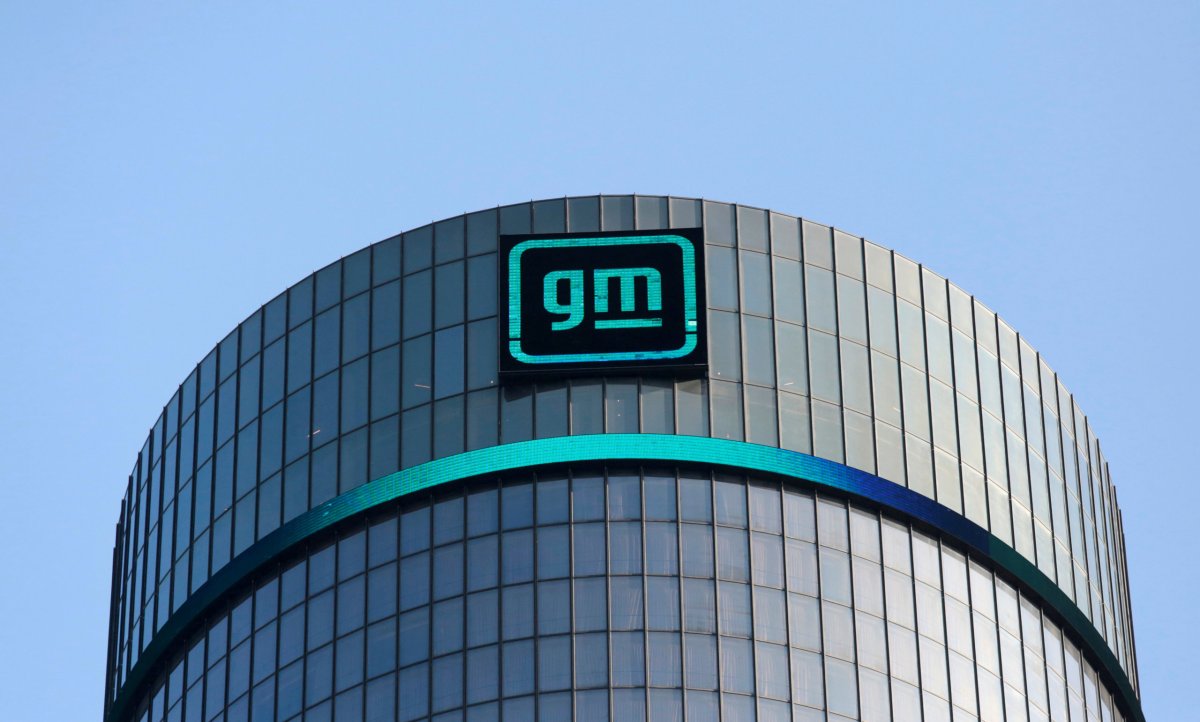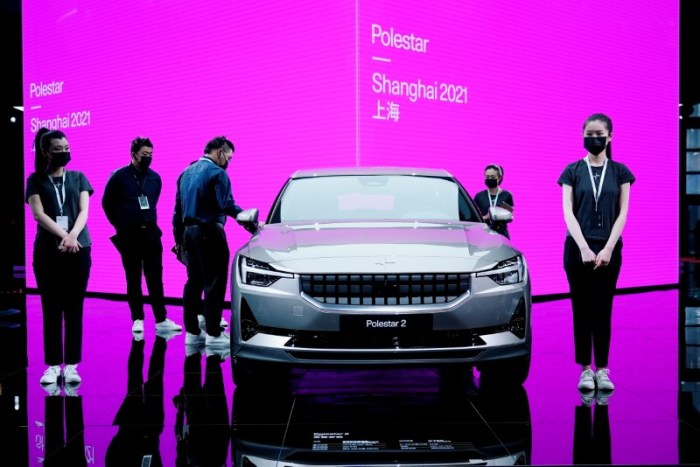DETROIT (Reuters) -General Motors Co is looking at signing longer-term supply contracts or partnering with chip and wafer suppliers in the future to mitigate the impact it has seen from the global semiconductor shortage, the automaker’s chief financial officer said on Wednesday.
“Whether we work with foundries to give longer-term commitments or we look to partnering with folks, we’re looking at all aspects of the supply chain to really ensure that something of this magnitude as it relates to chips doesn’t happen again,” Paul Jacobson said at a Deutsche Bank conference.
The global chip shortage has forced GM and other automakers to idle plants, but the Detroit company has been able to largely protect output of its highest-profit models. GM has said the shortage could shave $1.5 billion to $2 billion from this year’s profit, but recently restarted production at some plants that had been idled.
The shortage will cost global automakers $110 billion in lost revenues this year, and cut production by 3.9 million vehicles, consulting firm AlixPartners has said.
While GM expects the situation to improve in the second half, issues like the COVID outbreak in Malaysia are still hitting the chip industry, Jacobson said.
“As long as that continues, we’re losing some production there from some key chip providers,” he said. “It’s things like that that really make this a week-to-week phenomenon.” He added GM has resorted to using air freight to ship chips.
Nevertheless, Jacobson said consumer demand for vehicles remains strong, which should continue into the fourth quarter at least. He added that lean vehicle inventories will last well into 2022 if demand remains high and chip supplies remain tight.
The chip shortage has led automakers to rethink how their supply chain works when it comes to critical parts like chips.
Germany’s Volkswagen AG said it is talking with chip makers about securing supplies over the long term, and one unnamed executive previously told Reuters the automaker is weighing buying directly from the manufacturers rather than working through others.
Ford Motor Co Chief Executive Jim Farley said last month the No. 2 U.S. automaker is redesigning parts to use more accessible chips and weighing other strategies, including building a buffer supply of chips or working directly with the foundries that make the wafers used in semiconductors.
(Reporting by Ben KlaymanEditing by Chris Reese and Nick Zieminski)

























